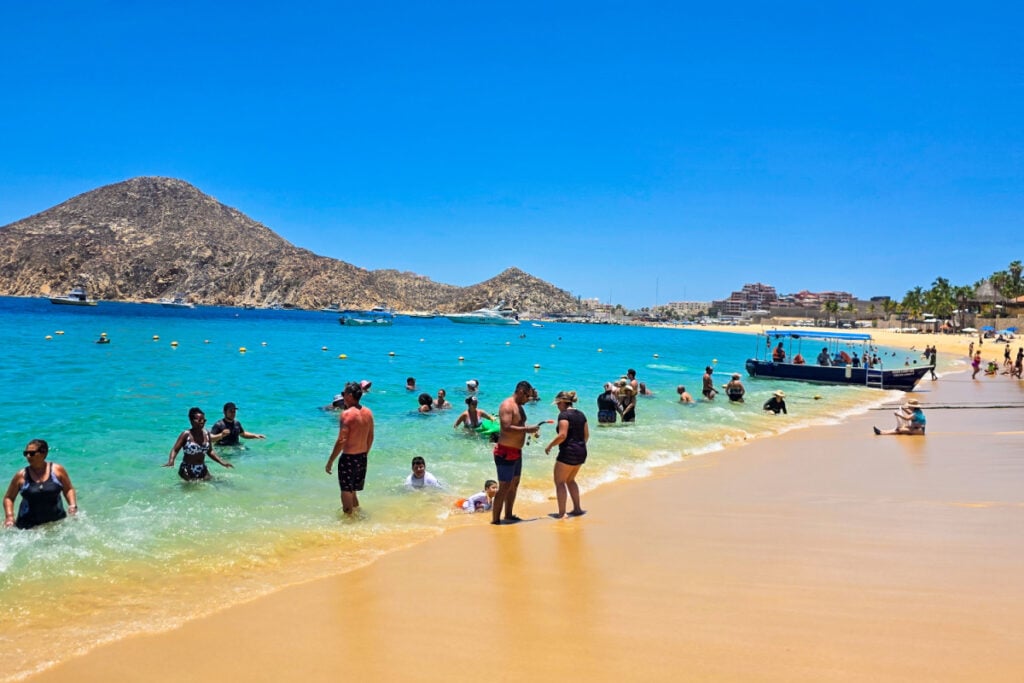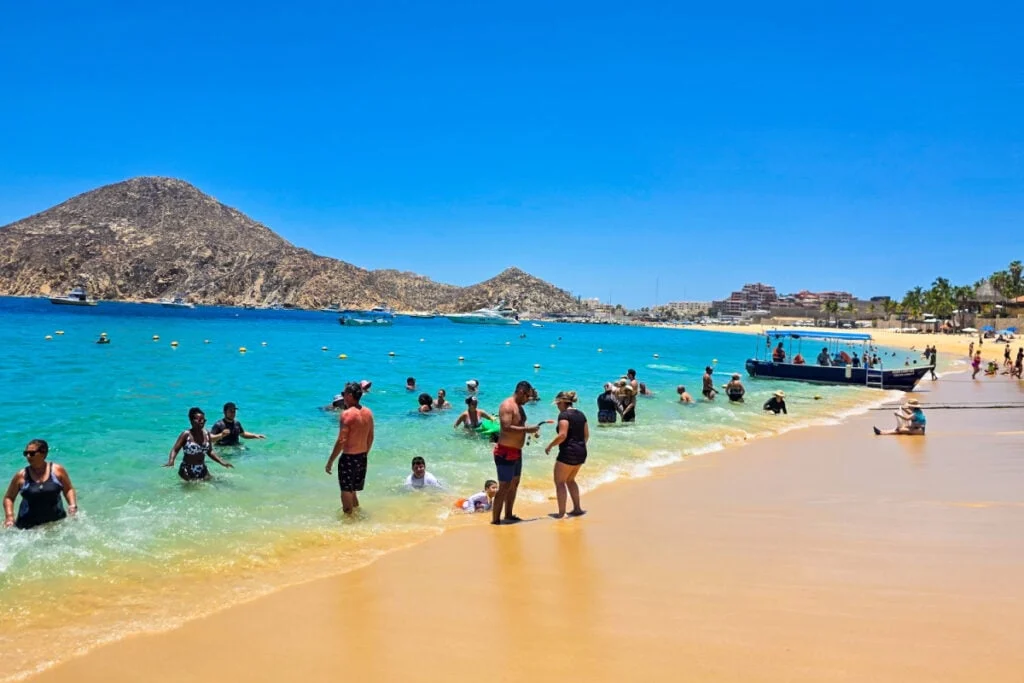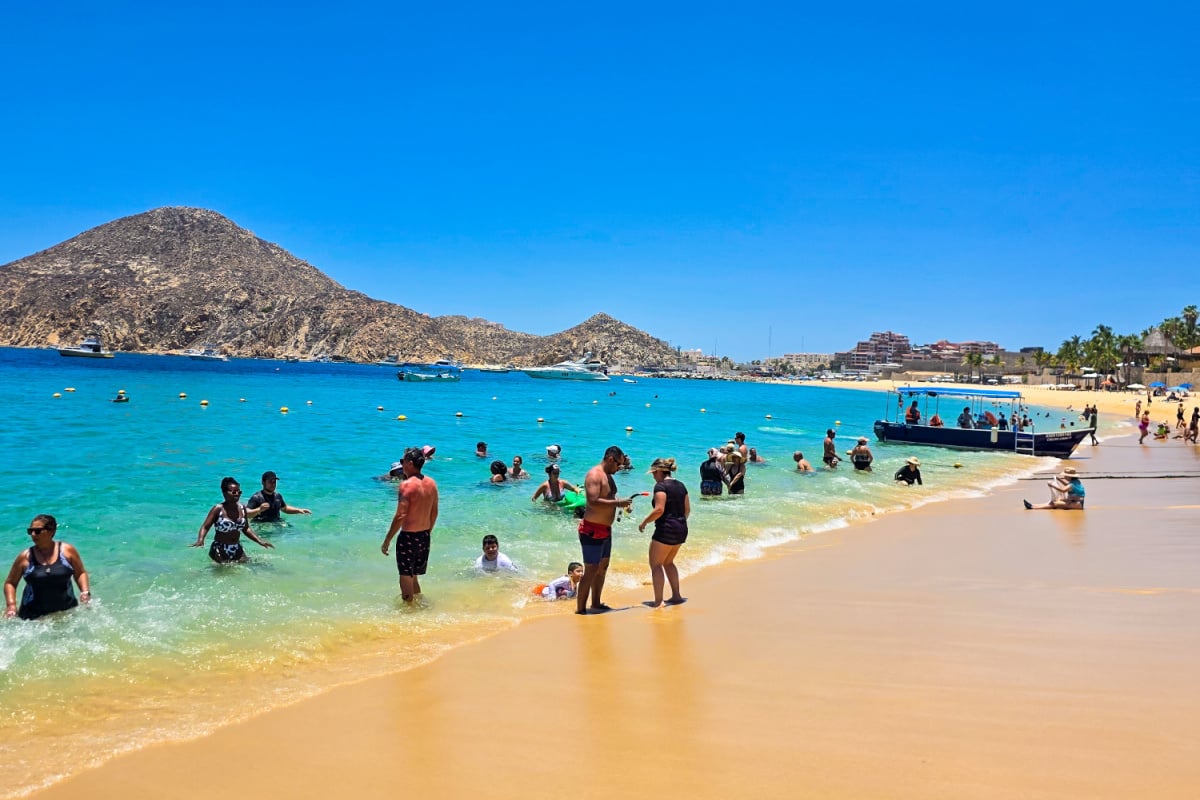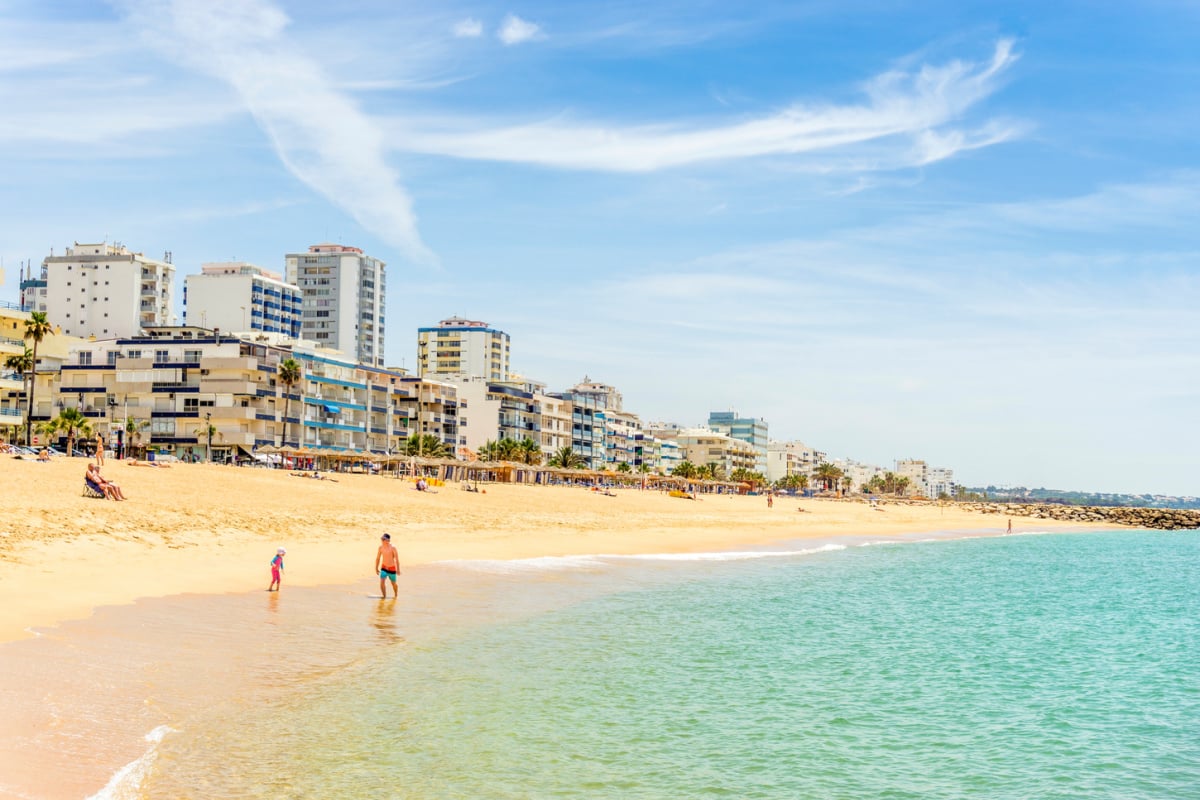Los Cabos is a dream destination. The sight of the deep blue Pacific Ocean crashing against the rugged, golden desert landscape is one of the most dramatic and beautiful travel experiences in the world. But that incredible, raw power comes with a hard truth that all travelers must understand: most beaches in Los Cabos are not safe for swimming.


Following several recent, tragic incidents involving tourists being lost to the sea this summer, authorities are re-issuing urgent safety warnings for all visitors. This is not a cause for panic, but it is a critical reminder that the ocean in this part of the world operates by a different set of rules than the calm Caribbean.
Here at Travel Off Path, our top priority is your safety. This is your essential, on-the-ground guide to understanding the risks and knowing exactly how to enjoy the water safely on your vacation.


Recent Incidents Highlight a Critical Difference
In recent months, a few devastating incidents have highlighted why Cabo’s beaches are so dangerous. In August, a Filipino-American tourist was swept out to sea while on the shore. In June, an American woman drowned after entering the ocean at a beach that was closed and flying a black flag, the most severe warning. Most recently a rouge wave swept a local fisherman off his feet leading to another accidental drowning.


These tragedies are heartbreaking, and they all stem from a critical misunderstanding that travelers often have: Cabo is not Cancun. The calm, bathtub-like turquoise water of the Caribbean is a world away from the deep, powerful, and unpredictable Pacific Ocean.
The Real Dangers: Rogue Waves & Shore Breaks
In many beach destinations, the primary danger is a rip current far from shore. In Los Cabos, the danger can be right on the sand.


- Rogue “Sneaker” Waves: On many Pacific-facing beaches (like Divorce Beach or Solmar Beach), a seemingly calm ocean can suddenly send a massive “sneaker wave” rushing up the sand—much farther than you’d expect. These waves can easily knock an adult off their feet and drag them back into the powerful undertow.
- Dangerous Shore Break: The sand on these beaches often drops off steeply, allowing large, powerful waves to crash directly onto the shore with immense force.


This is why the number one, non-negotiable rule in Cabo is to never turn your back on the ocean, even when you’re just walking on the sand.
The Non-Negotiable Beach Flag System
The colored flags on the beach are not “suggestions.” They are a life-saving safety system that you must trust over your own judgment.
The Cabo Beach Flag Decoder
The flags are not suggestions—they are a life-saving safety system. Click each flag below to learn exactly what it means for your safety.
Conditions are calm. Swimming is considered safe. This is the only time you should feel fully confident in the water.
Use caution. Conditions are changeable, and moderate currents may be present. Not recommended for weak swimmers.
DANGEROUS. High surf and/or strong currents. Even the strongest swimmers will struggle. You should not enter the water.
BEACH CLOSED. This is the most serious warning. The beach is closed to all swimming. Do not enter the water under any circumstances.
CAUTION: Marine Life. A white flag (often with a jellyfish symbol) indicates the presence of dangerous marine life, such as jellyfish or stingrays. Swim with extra awareness.
Ignoring these flags, especially red and black, is the single most dangerous mistake a tourist can make in Los Cabos.
The Golden Rule: Most Cabo Beaches Are NOT Swimmable
This is the most important fact every traveler to Los Cabos must know. Unlike Cancun, where you can swim almost anywhere, the vast majority of the beautiful beaches in Los Cabos are designated as unswimmable due to the powerful Pacific currents.
So, where can you actually go for a safe, relaxing day in the water? You must go to the beaches that are protected from the open ocean.


The absolute best and most popular safe beach is Medano Beach (Playa El Médano). It’s located right in the protected Cabo San Lucas bay, and its waters are typically calm, clear, and perfect for swimming, paddleboarding, and floating.
If you’re staying in the Tourist Corridor, the other two designated “Blue Flag” beaches for swimming are Chileno Bay and Santa Maria Bay. These are beautiful, protected coves with gentle water, perfect for families and snorkeling.


Essential Tips for Staying Safe
Los Cabos is an incredibly safe and wonderful destination, but it demands respect for the power of the ocean.
- Trust the Flags: We’ll say it again. A black flag means stay out. Period.
- Swim Only at Designated Beaches: Stick to Medano, Chileno, and Santa Maria Bay for swimming.
- Only Swim Where Lifeguards Are Present: A lifeguard tower is the clearest signal that you are in an area designated for swimming. If you don’t see one, assume it is not safe.
- Never Swim Alone: Always use the buddy system.
- Don’t Mix Alcohol and Swimming: Alcohol impairs judgment and physical abilities.
- Never Turn Your Back on the Ocean: Even when just walking on the sand, be aware of “sneaker waves” on Pacific-facing beaches.


By following the flags, staying off the dangerous shorelines, and choosing your swimming spots wisely, you can guarantee a perfect and safe vacation.
Find the perfect Los Cabos hotel that matches your vibe and budget with our new Cabo Resort Finder!
Safe travels!
The Travel Off Path Advantage: Your Travel Toolkit
Subscribe To Our Latest Posts
Enter your email address to subscribe to Travel Off Path’s latest breaking travel news, straight to your inbox.


